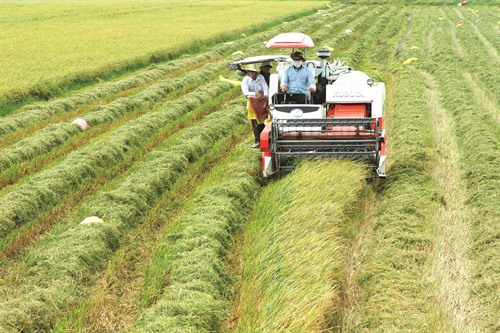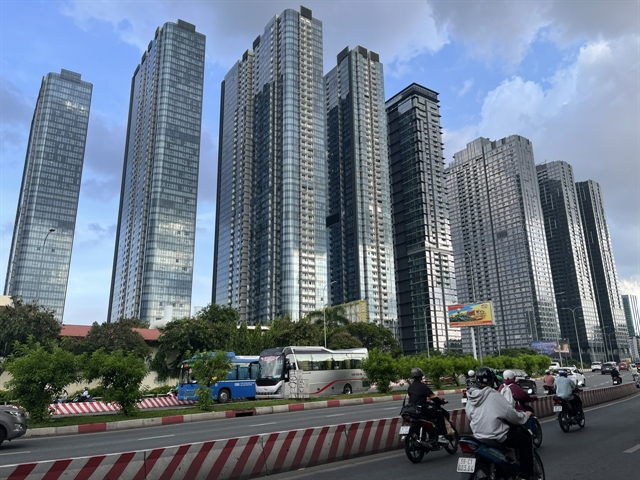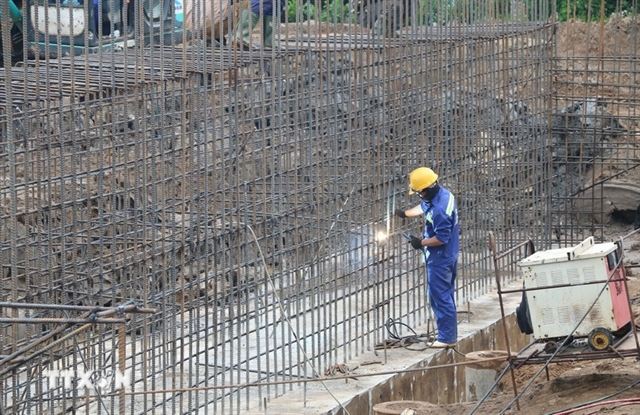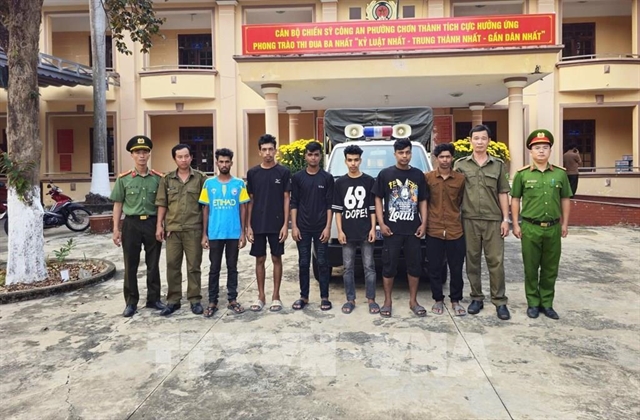 Society
Society

" />The Mekong Delta province of Sóc Trăng has huge potential to grow organic rice, including the lucrative ST24 variety, according to the province Department of Science and Technology.
 |
| The Mekong Delta province of Sóc Trăng has huge potential to grow organic rice, including the lucrative ST24 variety. —VNA/VNS Photo |
SÓC TRĂNG— The Mekong Delta province of Sóc Trăng has huge potential to grow organic rice, including the lucrative ST24 variety, according to the province’s Department of Science and Technology.
At a conference held to discuss farming of organic rice, on Wednesday, Vũ Thị Hiếu Đông, the department’s director, said the province had focused on growing fragrant and other speciality rice varieties.
It has advantages like keenness among companies to invest in and buy these rice varieties and close co-operation between official agencies, she said.
Last year the area under these varieties increased to 177,000 hectares, or 50.6 per cent of the province’s area under rice.
ST rice was grown on nearly 10,000ha.
Of the ST varieties, ST24 with its high quality and, especially fragrance is a speciality of the province, Đông said, quoting the Ministry of Industry and Trade as saying it was named among the world’s top three rice varieties at the 9th World Rice Conference held in China last year.
It was created by Hồ Quang Cua, vice chairman of the Sóc Trăng Province-based Union of Science and Technology Associations, in co-operation with other local scientists.
In 2016 its commercial cultivation began.
It can yield up to seven tonnes per hectare and is a variety that can adapt to climate change, which is occurring in the delta.
It is grown under the shrimp-rice farming model and has a maturity period of 100-105 days, less than rice varieties grown in Thailand and Cambodia.
It was grown on an estimated 7,000ha in the 2017-2018 winter-spring rice crop not only in Sóc Trăng but also other provinces like Long An, Trà Vinh, Bạc Liêu, Cà Mau, and Kiên Giang.
Hồ Quang Trí, an entrepreneur, grows organic ST24 on more than 10 hectares in Mỹ Xuyên and Thạnh Trị districts and Ngã Năm Town.
His farms are certified as meeting US and European standards, Trí said.
According to Cua, growing organic crops is an inevitable trend, which has received the Government’s attention.
Organic farming means there is no use of chemicals, inorganic fertilizers or genetically modified seeds, he said.
Growing quality organic crops development of certification for these products are important tasks for the province, he said.
Nguyễn Ngọc Triều of the province’s Ngã Năm Town said he has 1.5ha of land under organic ST24.
The two crops he has harvested each time yielded 599 kilogrammes per 1,300sq.m, a local unit of land.
Trí bought all his paddy at VNĐ8,300-8,500 (US$0.35-0.36) per kilogramme, giving him profits of more than VNĐ3 million per 1,300sq.m, he said.
Triều is one of many farmers growing the organic rice variety in the province.
Organic farming helps improve soil quality and protects the environment, and the province is encouraging its expansion.
Sóc Trăng city aims to grow fragrant and speciality rice varieties like ST, RVT, OM and others on 1,600ha this year, according to its People’s Committee. —VNS




